Check the power source
If your kitchen light is not turning on, the first thing you should check is the power source. Make sure the light switch is turned on and that the outlet or power source is functioning properly. You can use a voltage tester to check if there is any electricity flowing to the light fixture. If there is no power, you may need to reset the breaker or replace a blown fuse.
Replace the light bulb
Before assuming there is a bigger issue, check the light bulb. Sometimes, the simplest solution is the answer. Make sure the light bulb is screwed in properly and that it is not burnt out. If the bulb is old or damaged, try replacing it with a new one. You can also try switching out the bulbs from another fixture to see if that solves the problem.
Check the circuit breaker
If the power source and light bulb seem to be in working order, the next step is to check the circuit breaker. It is possible that the circuit has been tripped, causing the kitchen light to not turn on. Locate the circuit breaker box and check if any of the switches have been flipped. If they have, switch them back on and see if the light turns on.
Inspect the light switch
The light switch itself could be the problem. Check to see if it is loose or damaged. If it is a dimmer switch, make sure it is set to the correct brightness level. You can also try turning the switch on and off several times to see if that helps. If the switch appears to be faulty, you may need to replace it.
Check the wiring
If the light switch and circuit breaker seem to be functioning properly, the issue may lie within the wiring. Over time, wiring can become damaged or loose. Turn off the power to the light fixture and carefully inspect the wiring for any signs of damage. If you are not comfortable working with electricity, it is best to call a professional electrician to handle the situation.
Reset the GFCI outlet
If your kitchen light is connected to a GFCI outlet, it is possible that it has been tripped. GFCI outlets are designed to protect against electrical shock and can be found in areas where water may be present, such as kitchens and bathrooms. Locate the GFCI outlet and press the reset button. This may solve the issue and turn the light back on.
Replace the light fixture
If none of the above solutions seem to work, it is possible that the light fixture itself is faulty. Over time, light fixtures can become damaged or wear out. If you are not comfortable replacing it yourself, call a professional electrician to install a new fixture for you.
Call an electrician
If you have exhausted all other options and your kitchen light is still not turning on, it is best to call a professional electrician. They have the knowledge and expertise to diagnose and fix any electrical issues in your home. Do not attempt to handle any electrical work if you are not trained or experienced, as it can be dangerous.
Check the timer or dimmer switch
If your kitchen light is connected to a timer or dimmer switch, it is possible that it is not set correctly. Check the settings and make sure they are adjusted properly. If the timer is not working, you may need to replace it. If the dimmer switch is not functioning properly, it may need to be replaced as well.
Inspect the light socket
Lastly, the problem could be with the light socket itself. Make sure it is securely connected and that there are no loose wires. If the socket appears to be damaged or worn out, you may need to replace it. Again, if you are not comfortable working with electricity, it is best to call a professional to handle the situation.
Troubleshooting: Kitchen Light Not Turning On
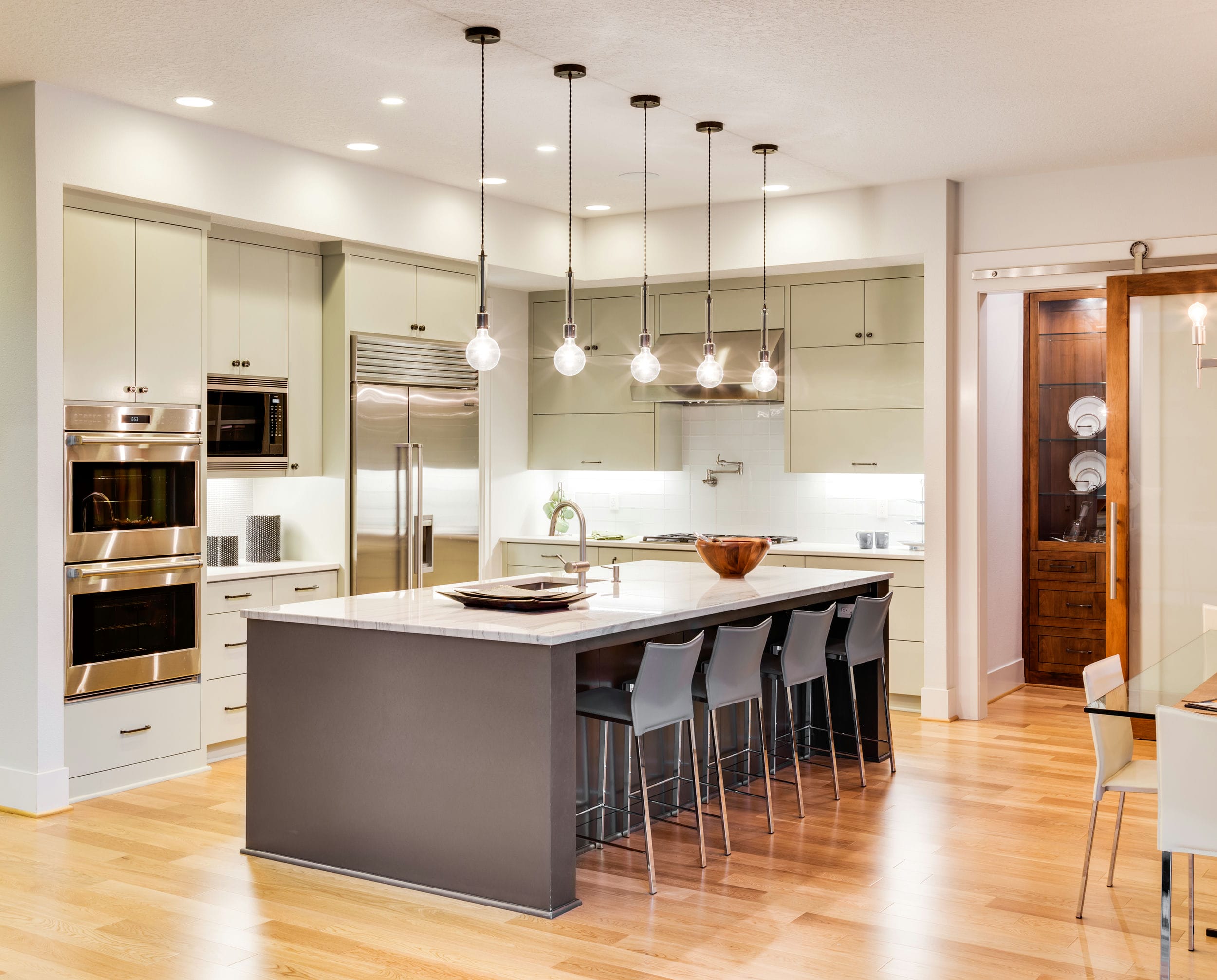
Possible Causes and Solutions
 It can be frustrating when you go to turn on the lights in your kitchen and nothing happens. There are a few different reasons why your kitchen light may not be turning on, and it's important to troubleshoot and find the root cause in order to fix the problem. Here are some common causes and solutions to help you get your kitchen light back up and running.
Tripped Circuit Breaker
: The first thing to check when your kitchen light is not turning on is the circuit breaker. If it has tripped, it will cut off power to the light switch. Check your circuit breaker panel and look for any tripped switches. If you find one, reset it and see if that solves the problem.
Loose or Faulty Wiring
: If the circuit breaker is not the issue, it's possible that there is a loose or faulty wiring connection. This can happen over time due to wear and tear, or it could be a result of poor installation. If you are comfortable with electrical work, you can check the wiring connections at the light switch and the light fixture. Otherwise, it's best to call a licensed electrician to handle the issue.
Broken Light Switch
: Another possible cause for a kitchen light not turning on could be a broken light switch. Over time, switches can wear out and stop functioning properly. Check the switch to see if it feels loose or if there is any visible damage. If so, it may need to be replaced.
Burnt Out Bulb
: It may seem obvious, but it's always worth checking if the light bulb is burnt out. Replace the bulb with a new one and see if that solves the issue. If not, it's possible that the problem lies elsewhere.
Conclusion
There are a few different reasons why your kitchen light may not be turning on, but the good news is that most of them have simple solutions. By checking the circuit breaker, wiring, switch, and bulb, you can often identify and fix the problem yourself. However, if you are unsure or uncomfortable with electrical work, it's always best to call a professional to ensure the issue is resolved safely and correctly. With a little troubleshooting, you'll have your kitchen light shining bright again in no time.
It can be frustrating when you go to turn on the lights in your kitchen and nothing happens. There are a few different reasons why your kitchen light may not be turning on, and it's important to troubleshoot and find the root cause in order to fix the problem. Here are some common causes and solutions to help you get your kitchen light back up and running.
Tripped Circuit Breaker
: The first thing to check when your kitchen light is not turning on is the circuit breaker. If it has tripped, it will cut off power to the light switch. Check your circuit breaker panel and look for any tripped switches. If you find one, reset it and see if that solves the problem.
Loose or Faulty Wiring
: If the circuit breaker is not the issue, it's possible that there is a loose or faulty wiring connection. This can happen over time due to wear and tear, or it could be a result of poor installation. If you are comfortable with electrical work, you can check the wiring connections at the light switch and the light fixture. Otherwise, it's best to call a licensed electrician to handle the issue.
Broken Light Switch
: Another possible cause for a kitchen light not turning on could be a broken light switch. Over time, switches can wear out and stop functioning properly. Check the switch to see if it feels loose or if there is any visible damage. If so, it may need to be replaced.
Burnt Out Bulb
: It may seem obvious, but it's always worth checking if the light bulb is burnt out. Replace the bulb with a new one and see if that solves the issue. If not, it's possible that the problem lies elsewhere.
Conclusion
There are a few different reasons why your kitchen light may not be turning on, but the good news is that most of them have simple solutions. By checking the circuit breaker, wiring, switch, and bulb, you can often identify and fix the problem yourself. However, if you are unsure or uncomfortable with electrical work, it's always best to call a professional to ensure the issue is resolved safely and correctly. With a little troubleshooting, you'll have your kitchen light shining bright again in no time.







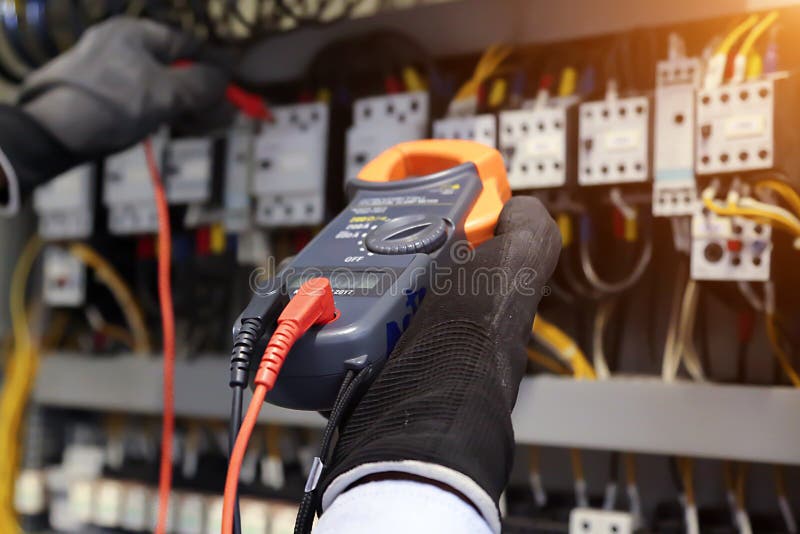

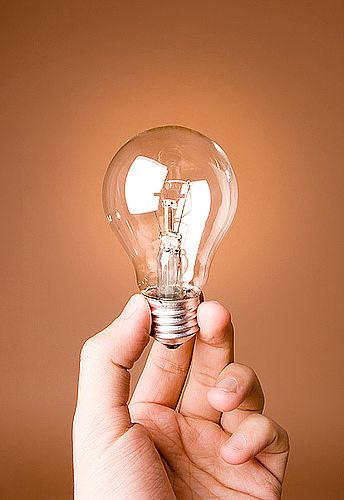


:max_bytes(150000):strip_icc()/LED-Light-Bulb-462540883-56a4a16f3df78cf77283537b.jpg)








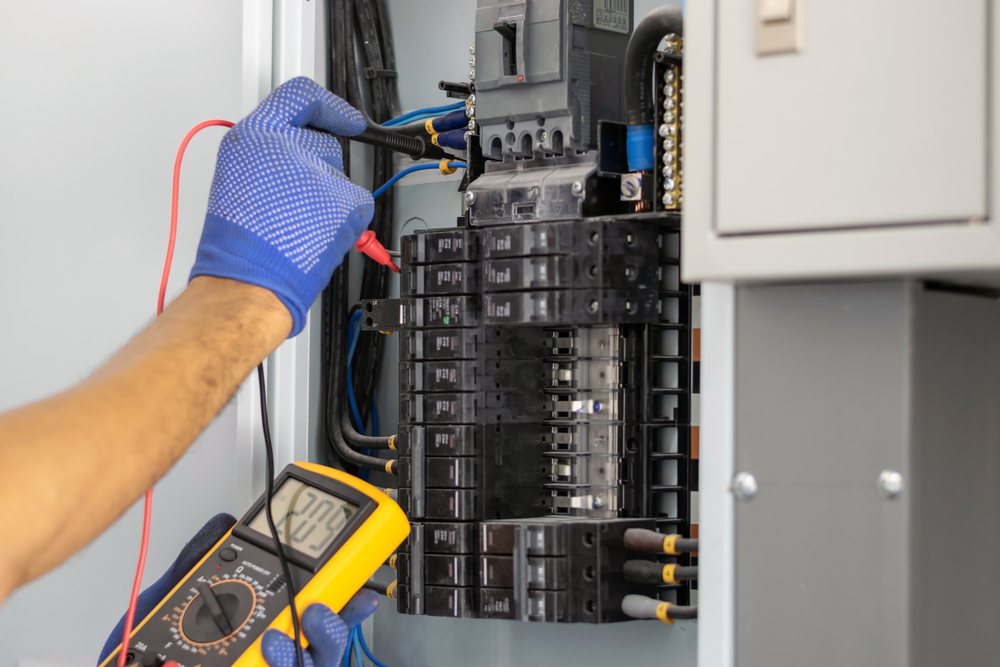

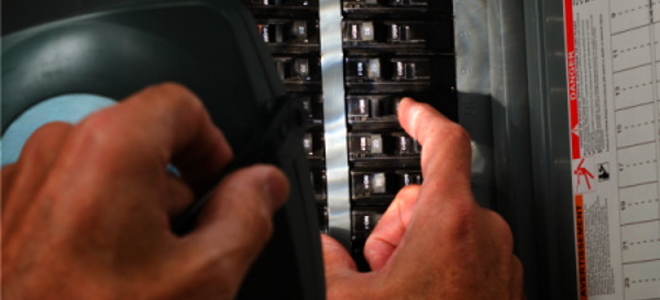


:max_bytes(150000):strip_icc()/circuit-breakers-how-to-reset-a-circuit-breaker-1152756-hero-e69fdfecd2d64a06800fa0f77089c98f.jpg)




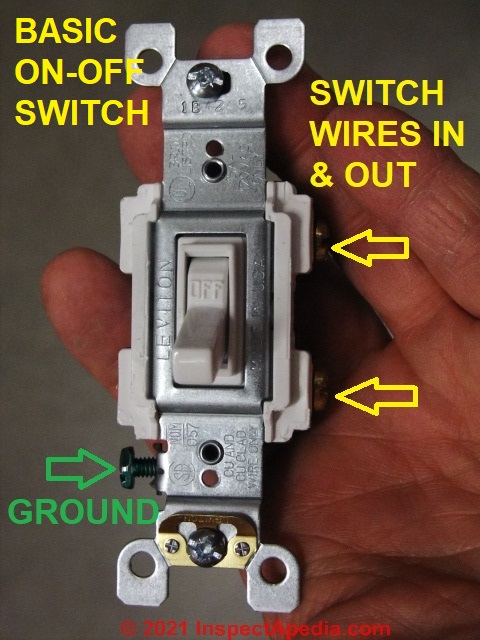




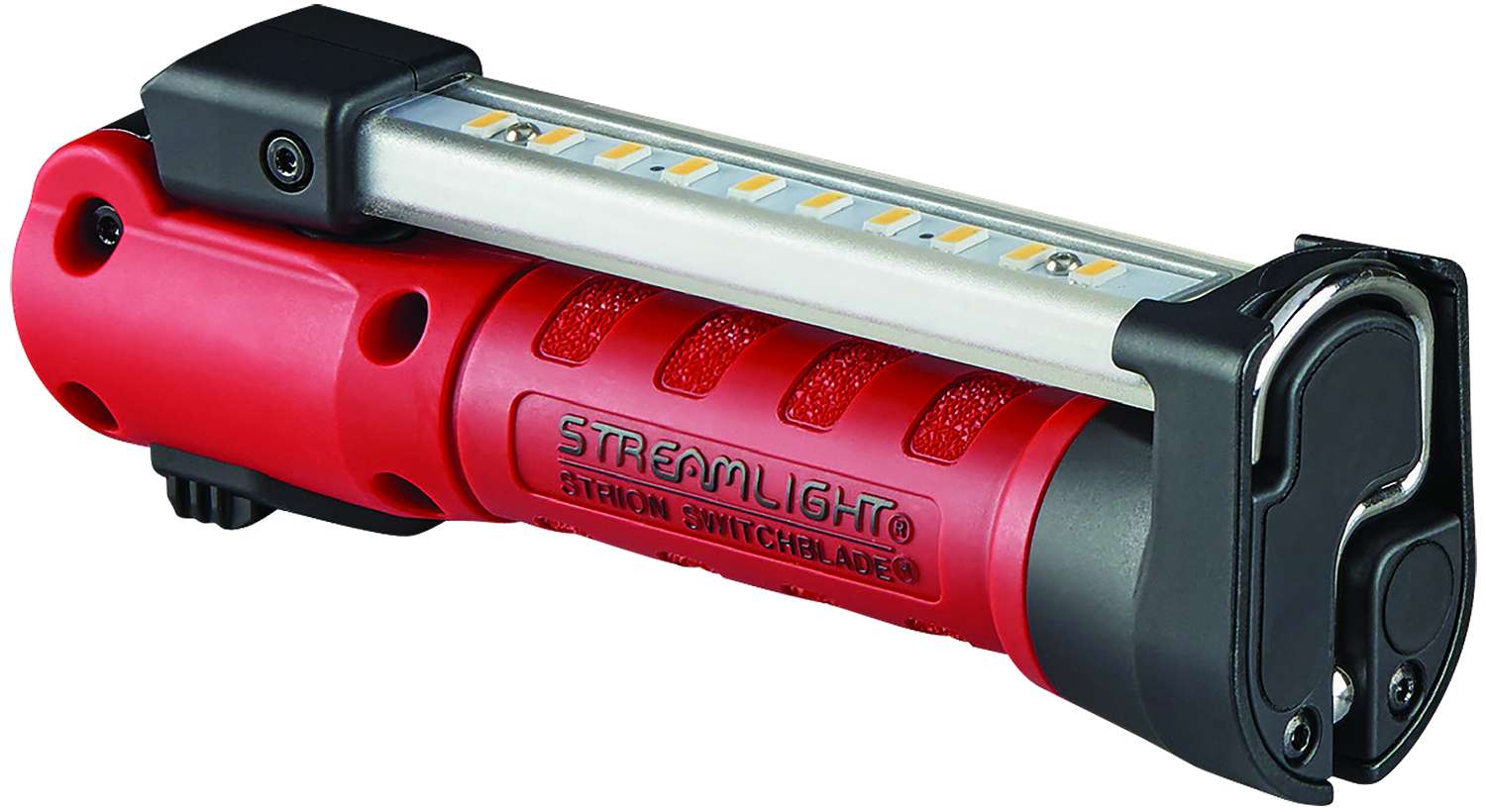



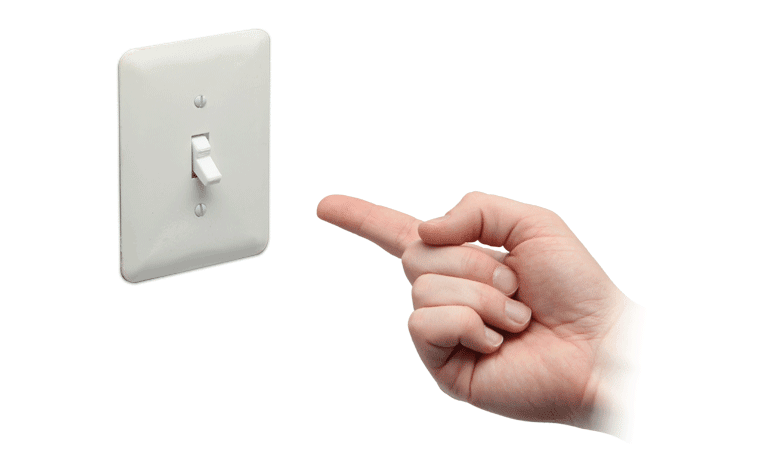





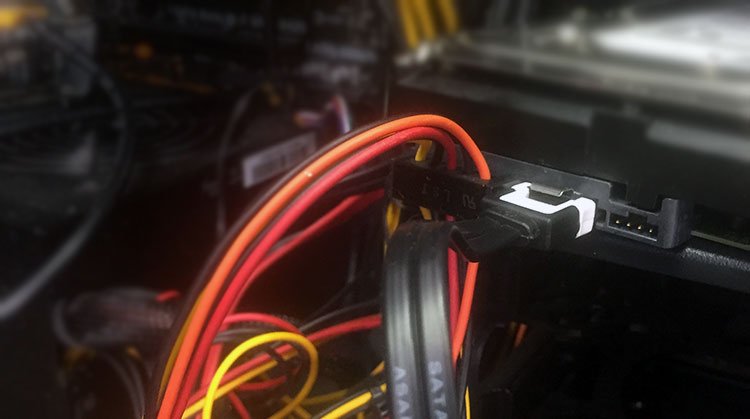
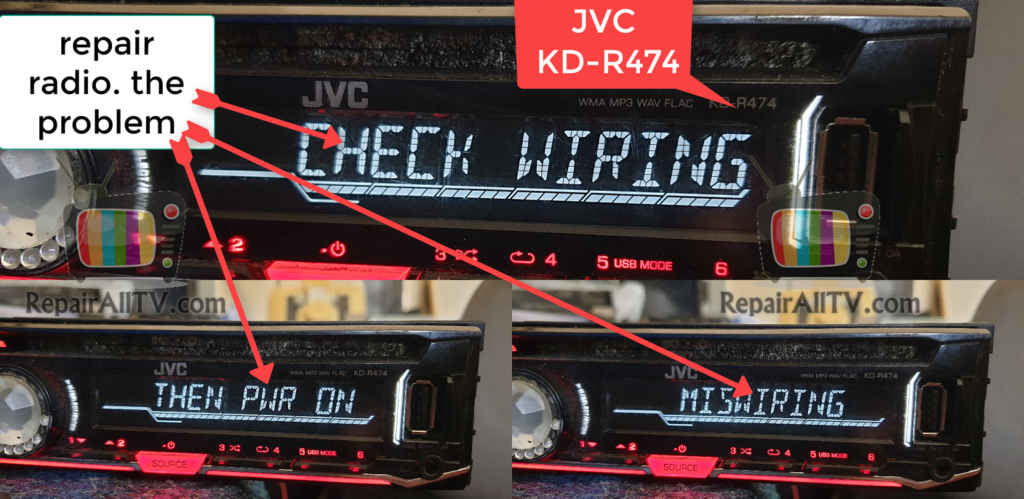

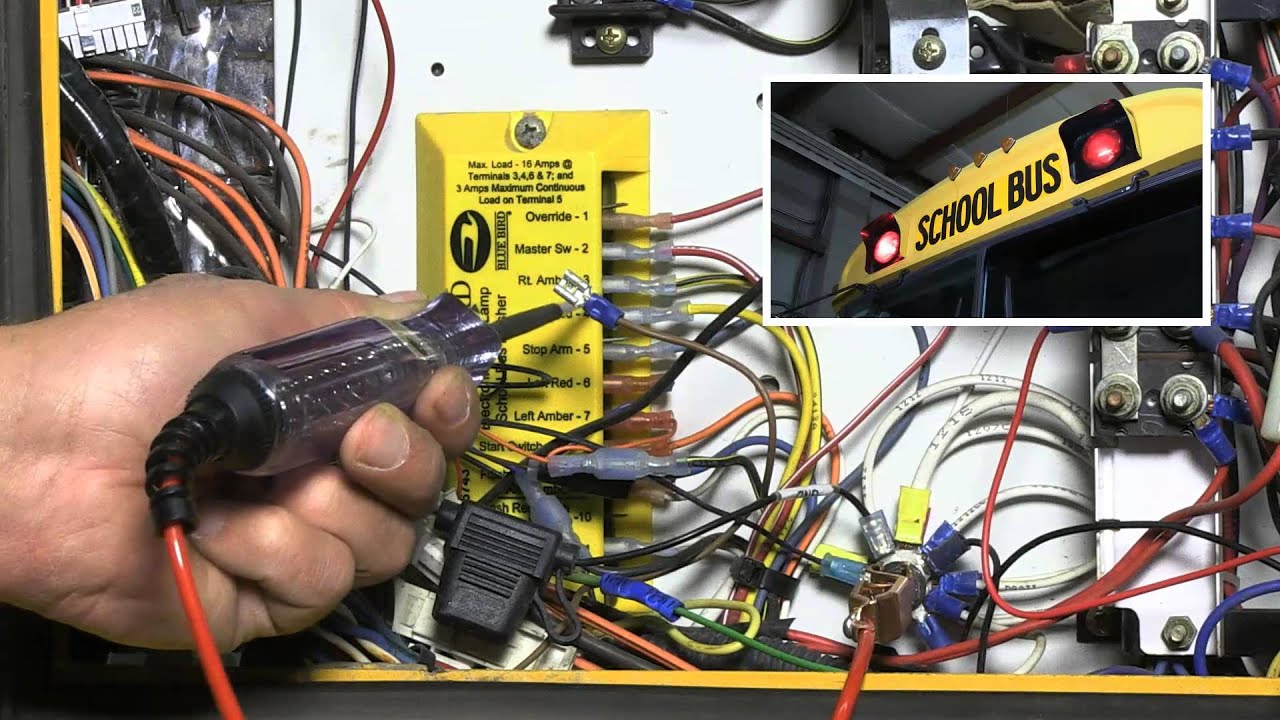





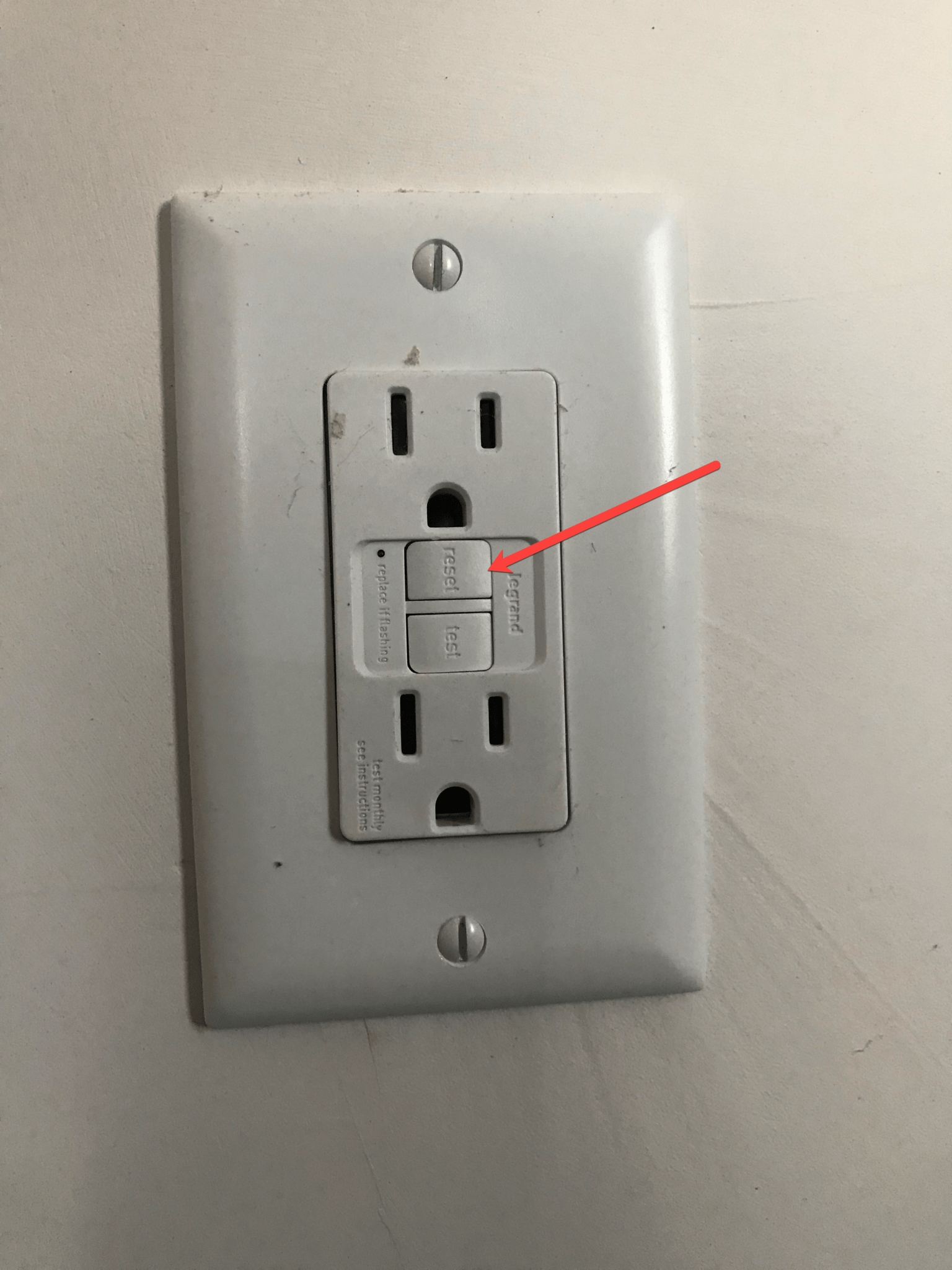
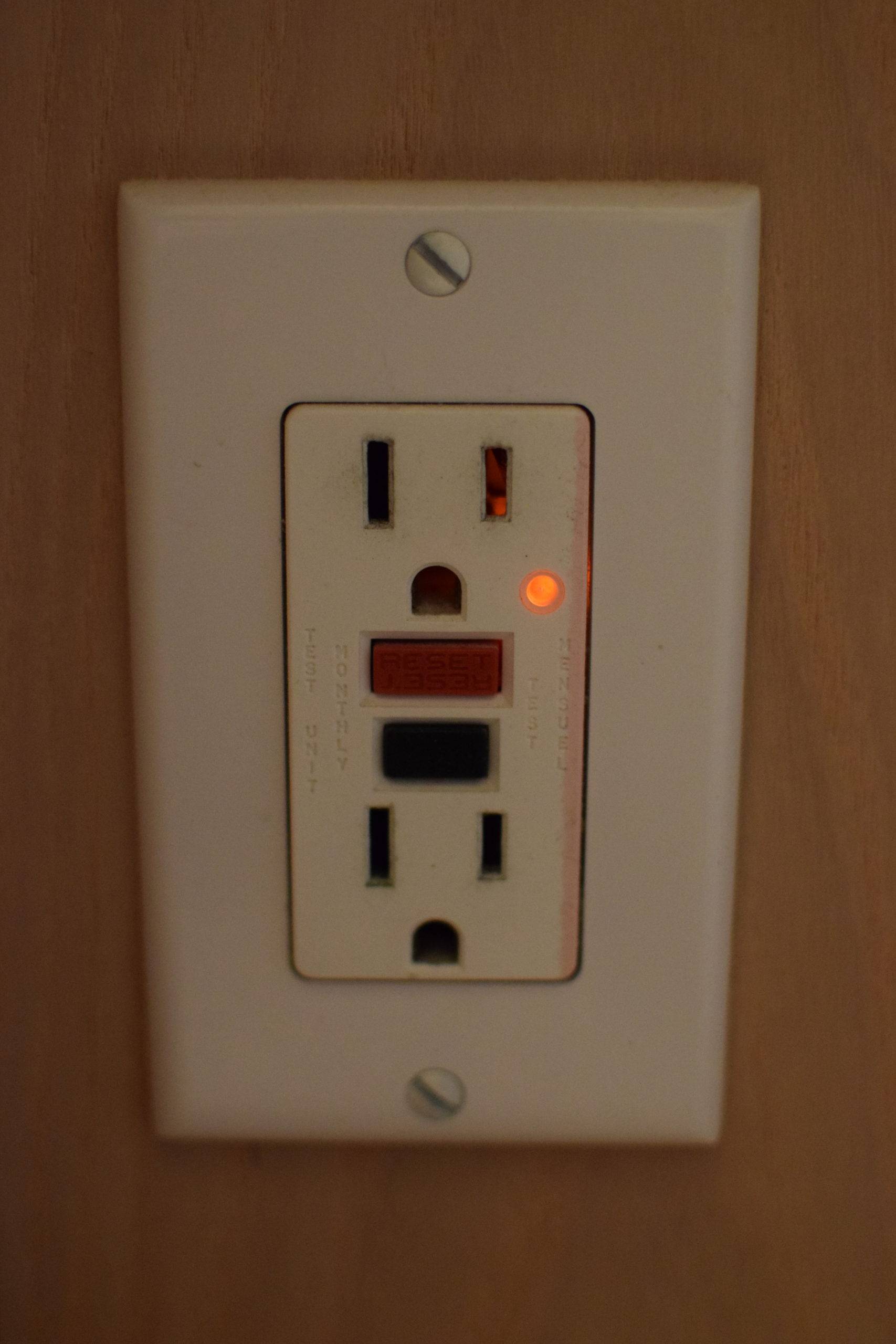




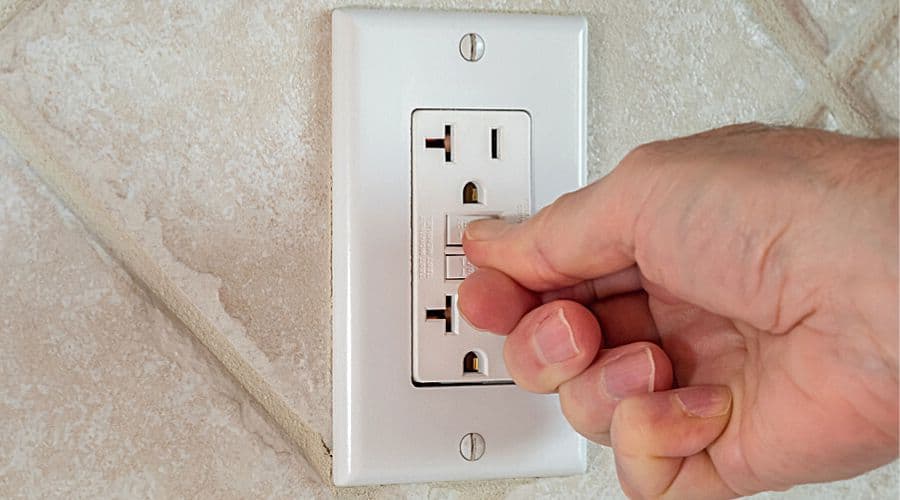



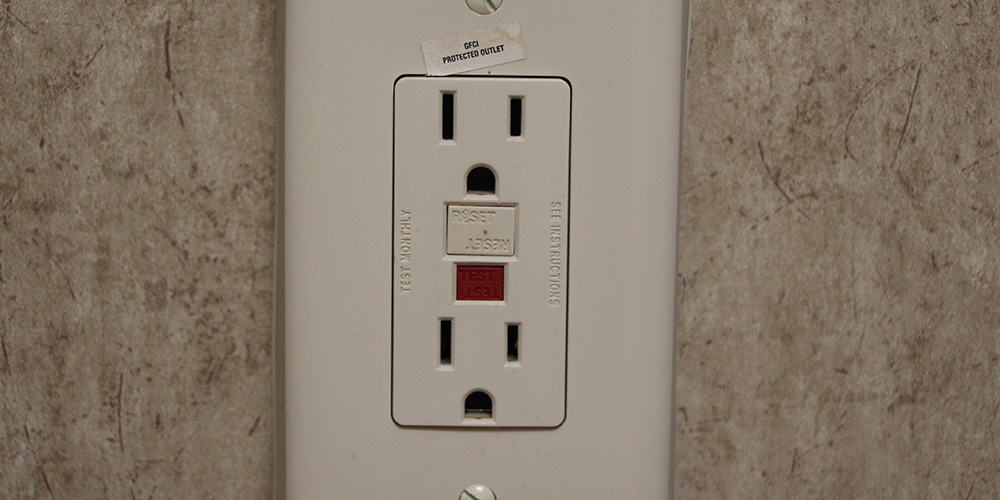



:max_bytes(150000):strip_icc()/how-to-replace-ceiling-light-fixture-1824657-03-d0831082affb46be9ab0fb2652da8092.jpg)

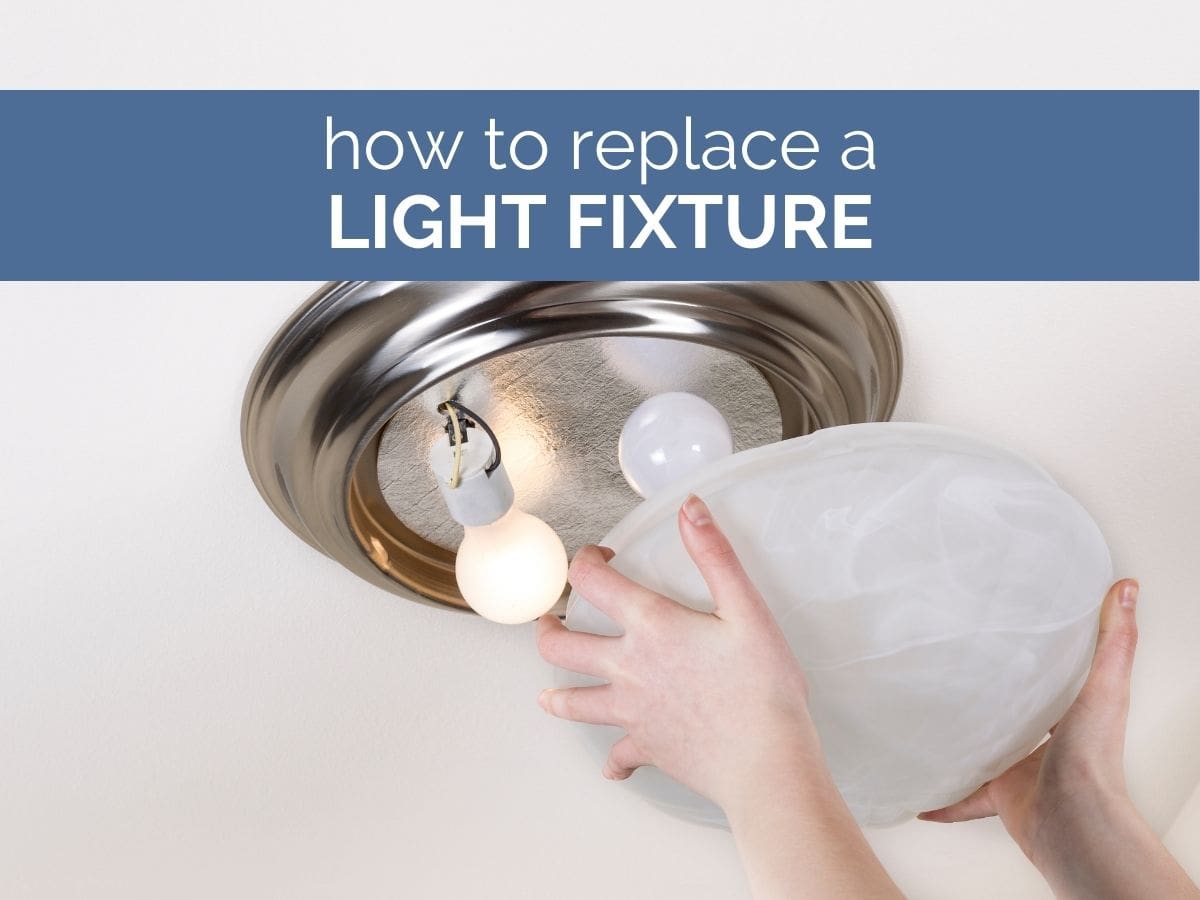


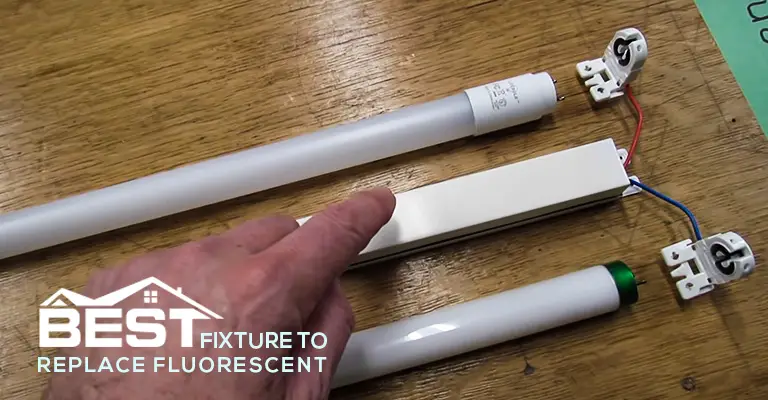
:max_bytes(150000):strip_icc()/how-to-replace-ceiling-light-fixture-1824657-02-078c80a354ee404e8ca25455b15fef14.jpg)



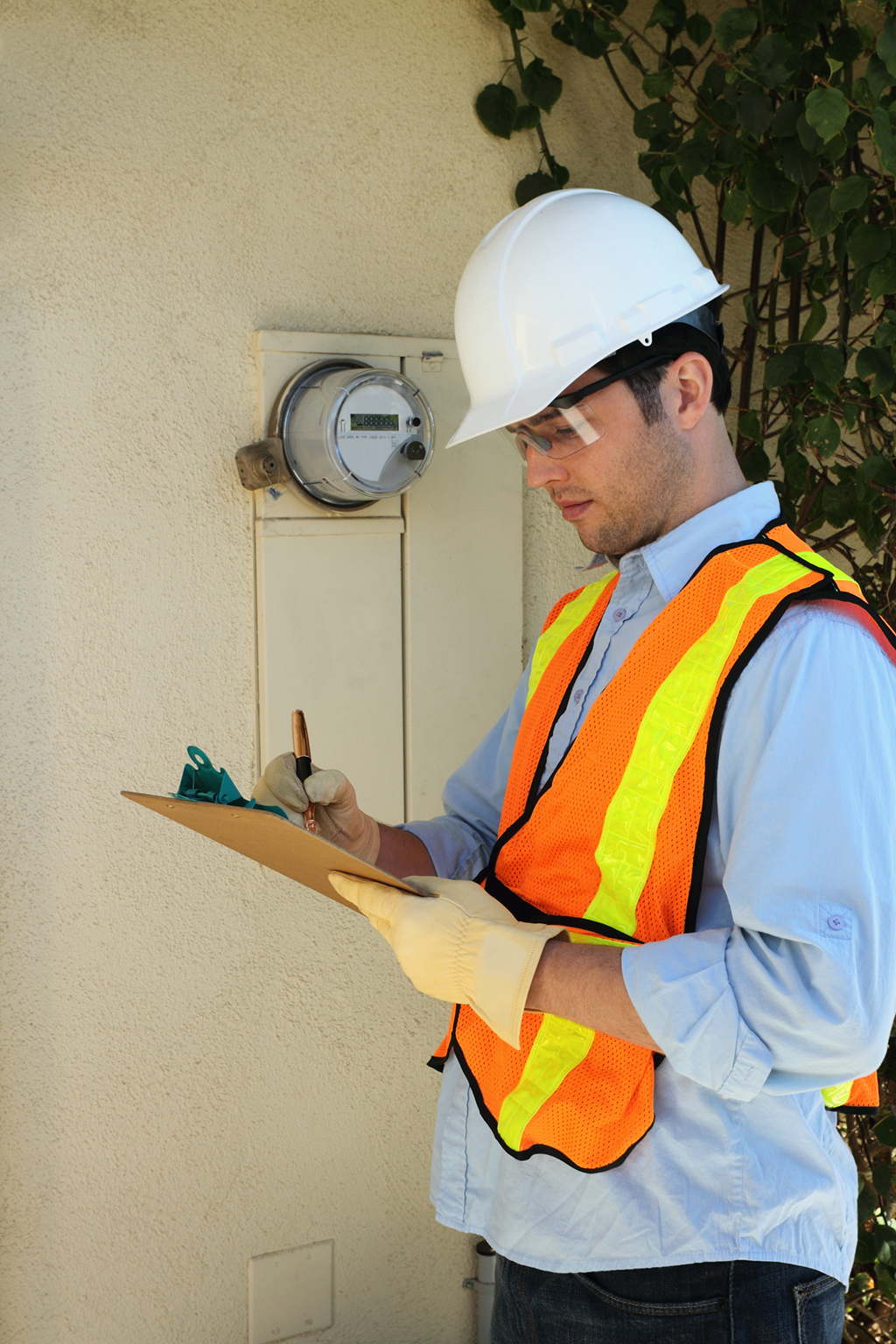





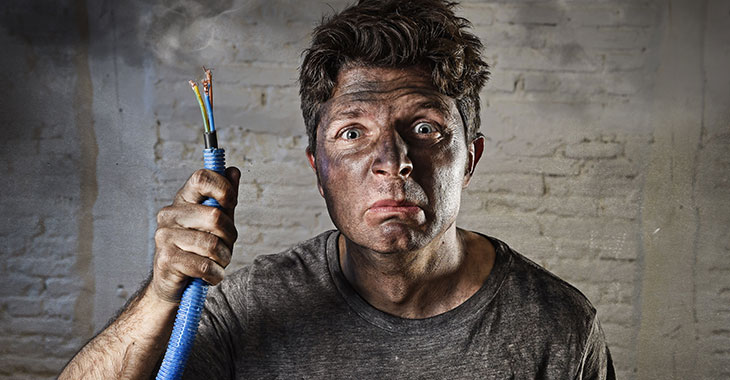



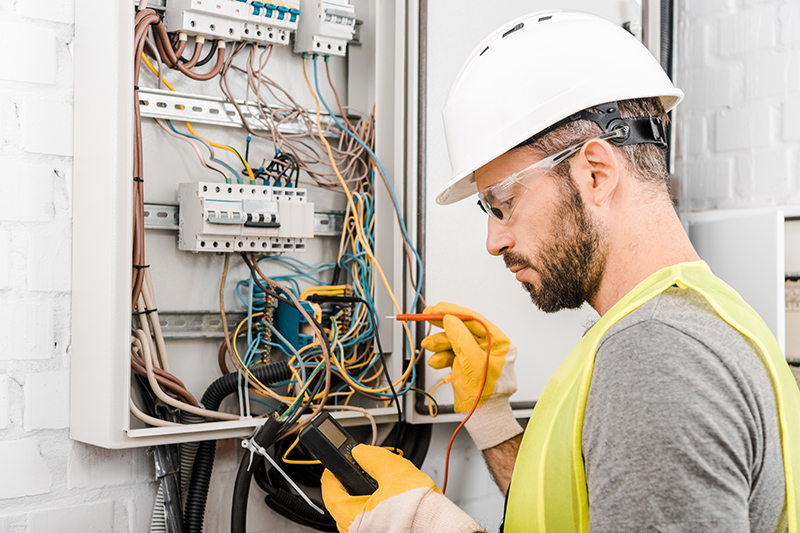





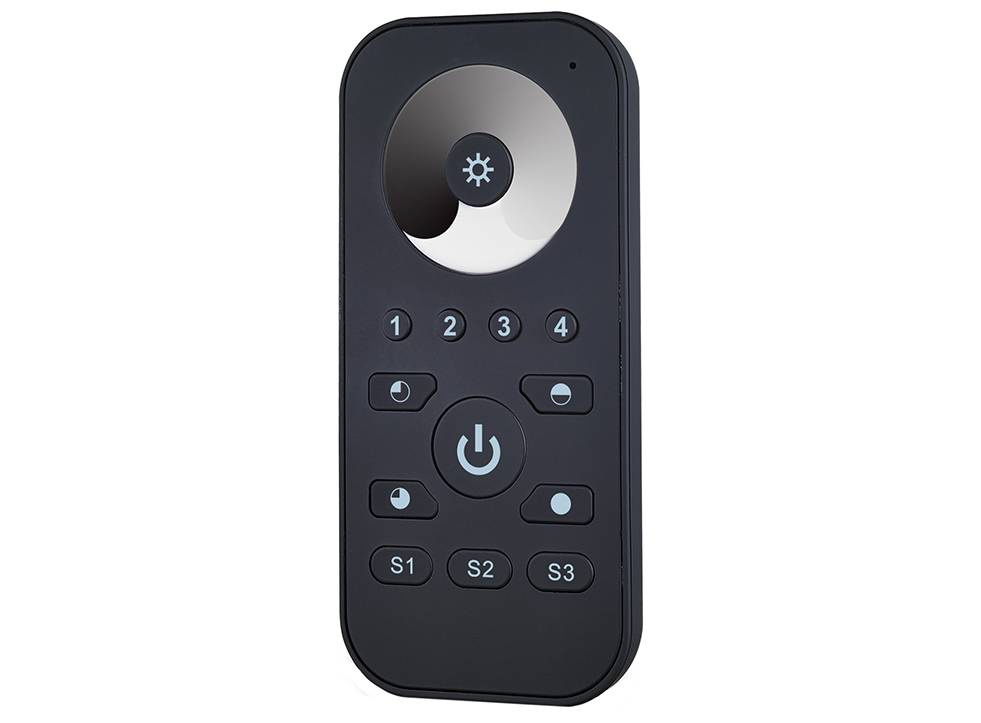


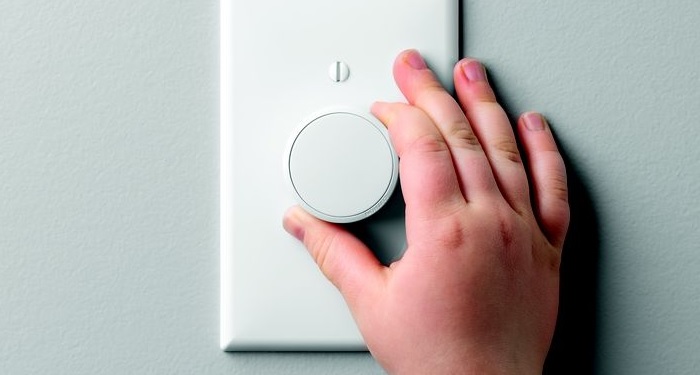
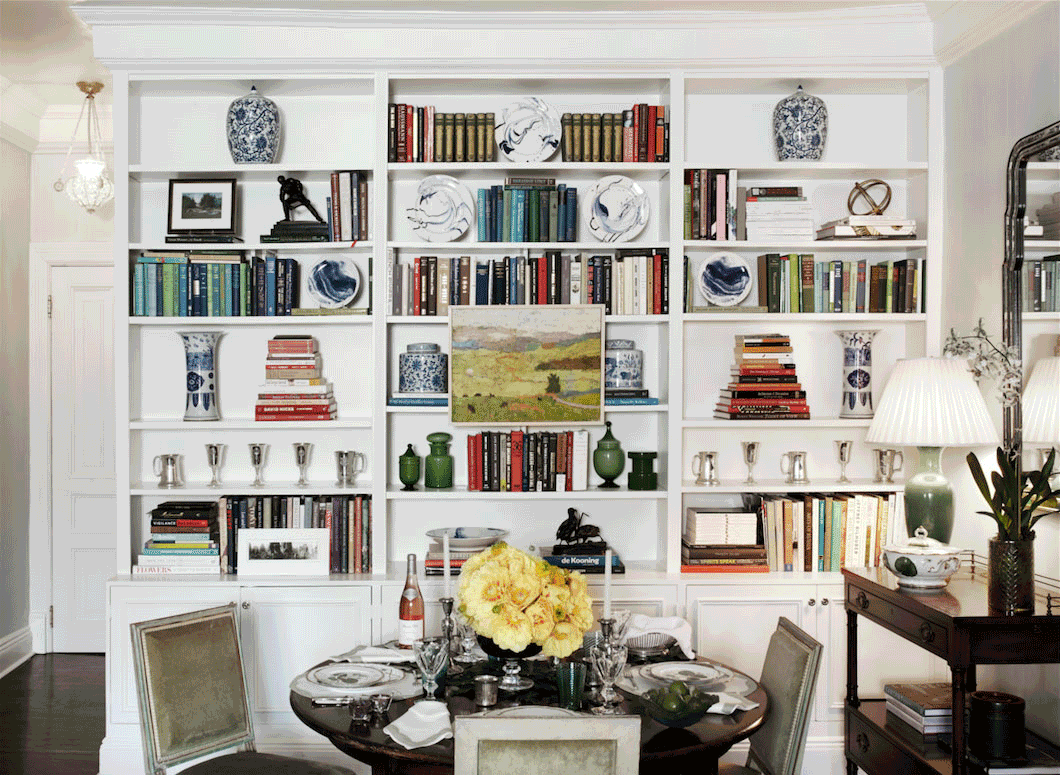

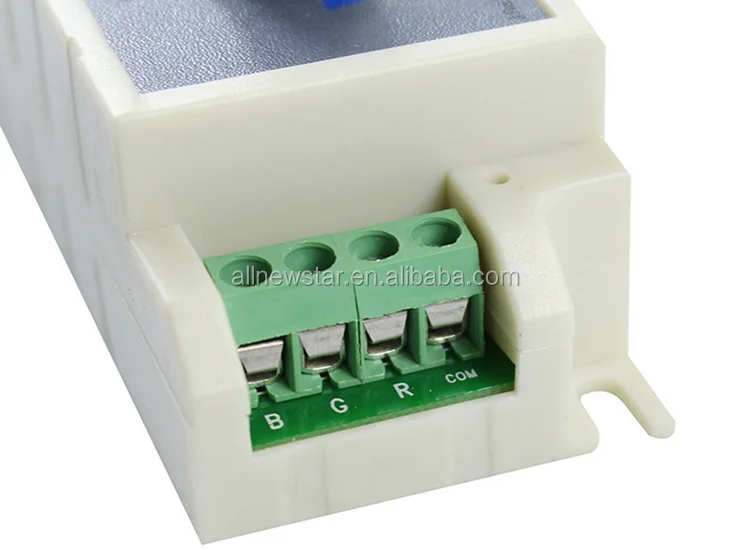
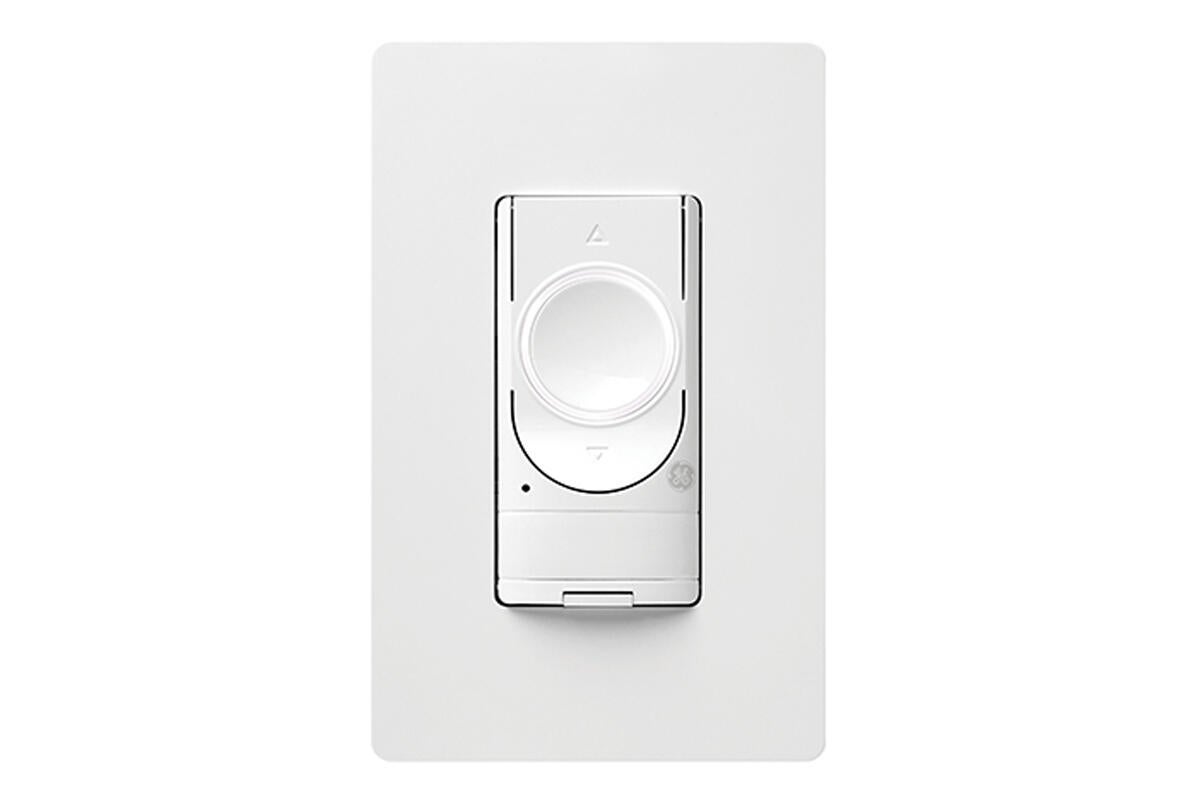

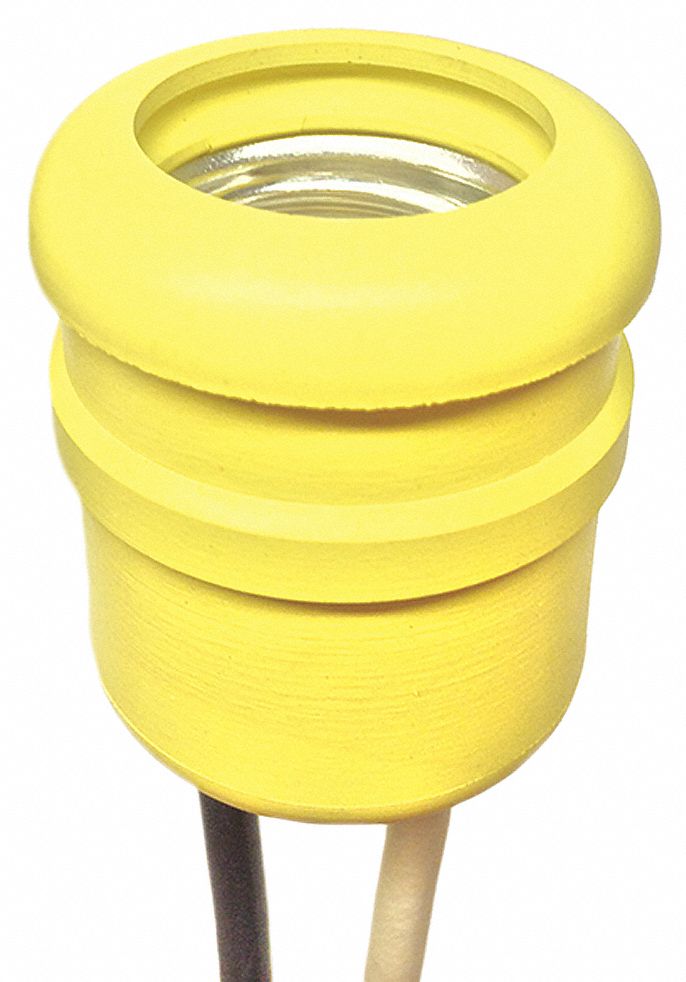

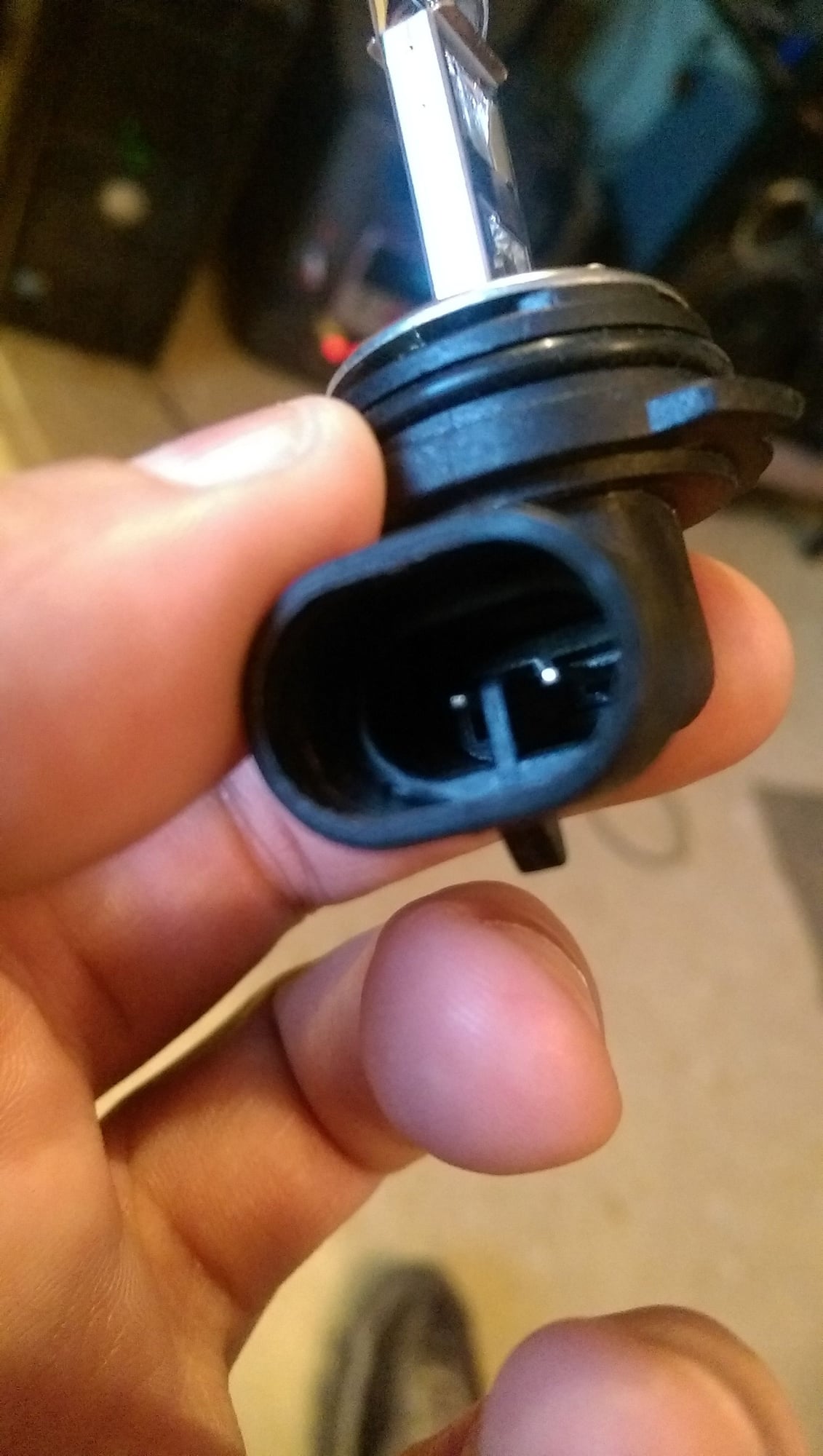
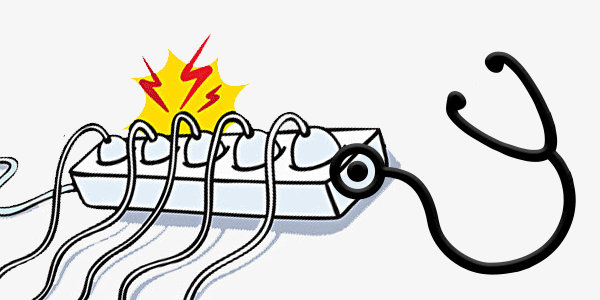

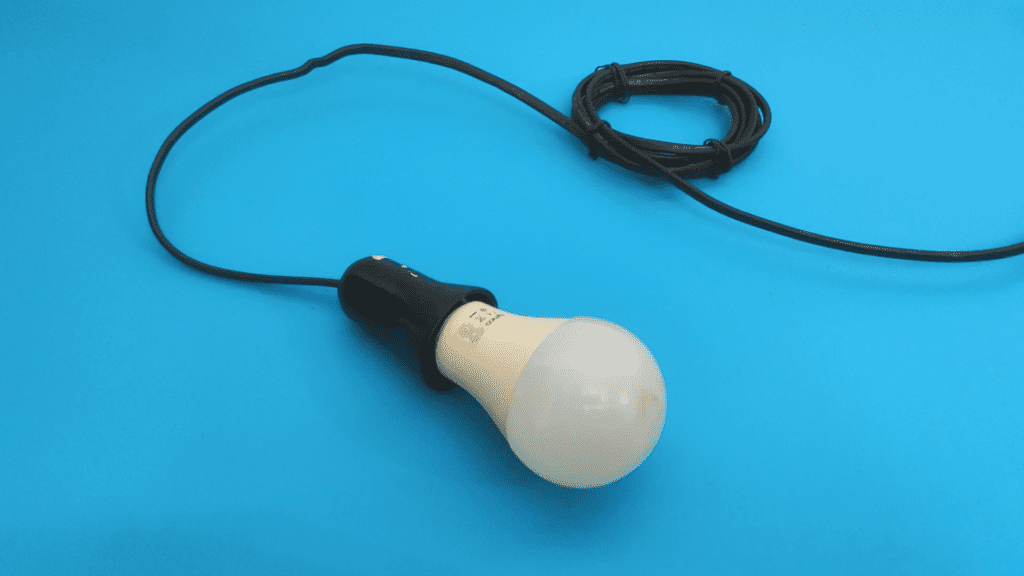
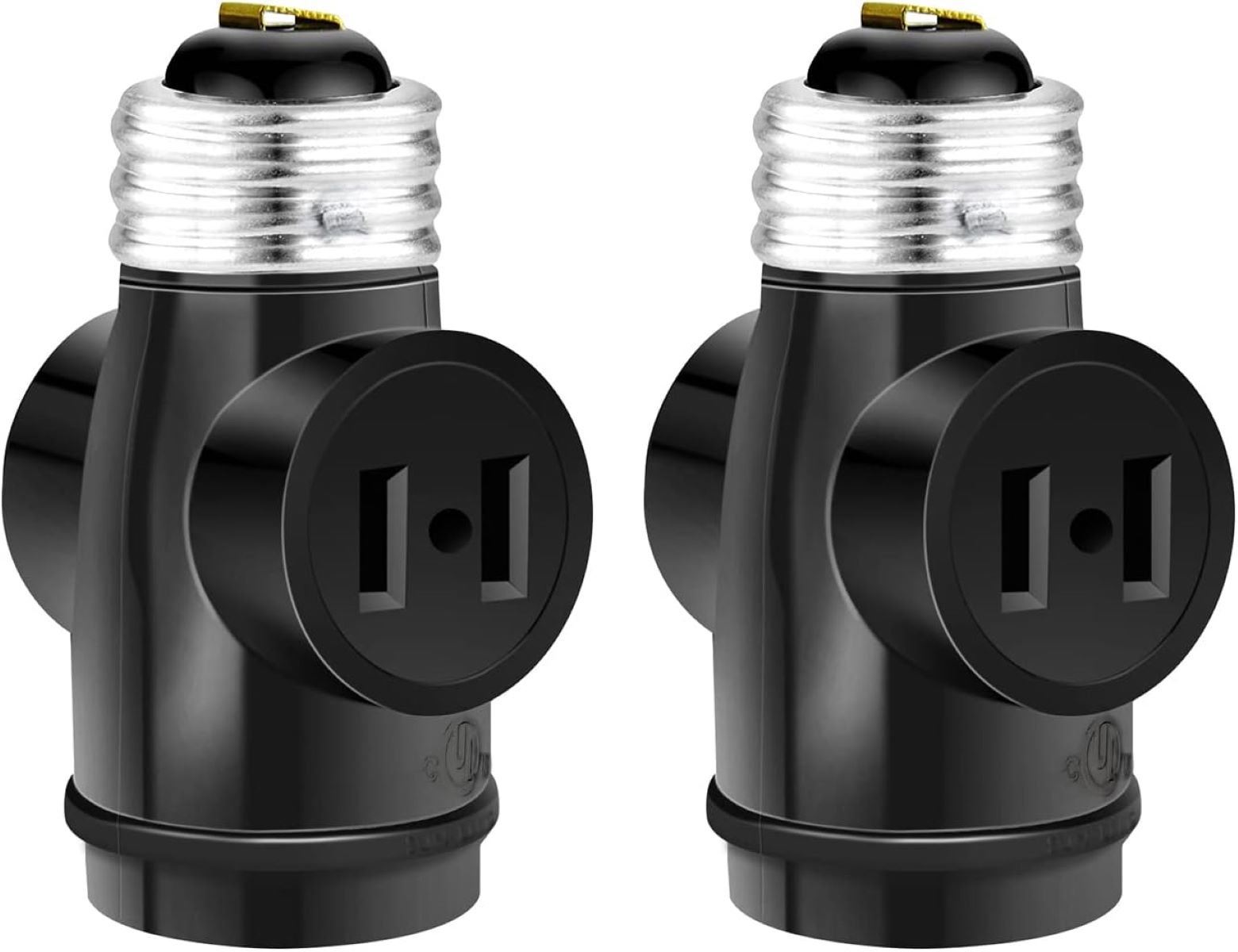
/troubleshooting-light-bulb-sockets-2175027-hero-2c1449d767414000b5717f49099b43e6.jpg)









